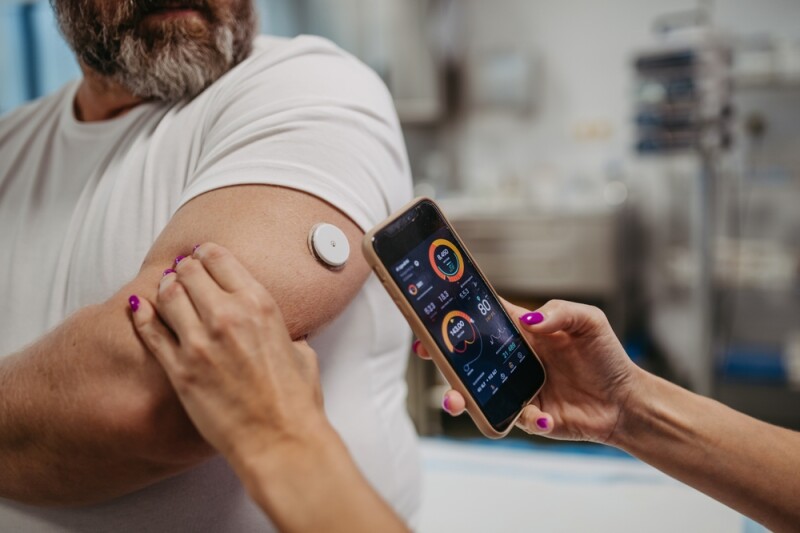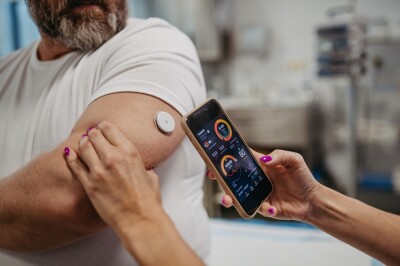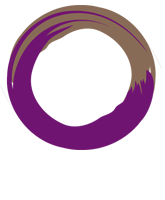Advocacy for public health and the sustainable development goals
 by Barbara Dossey, PhD, RN, AHN-BC, FAAN, HWNC-BC and Deva-Marie Beck, PhD, RN
by Barbara Dossey, PhD, RN, AHN-BC, FAAN, HWNC-BC and Deva-Marie Beck, PhD, RN
In the 1870s, Florence Nightingale, the founder of modern secular nursing and the first nurse theorist, began to write that it would take 100-150 years for the kind of nurses and nursing she envisioned to develop. She left all nurses and concerned citizens with an expansive worldview of how to carry forward her vision of health, including what we would today call "the environmental and social health determinants". She identified "environmental health determinants,"—clean air, water, food, houses, etc.—and "social health determinants,"—poverty, education, family relationships, employment, etc.—locally to globally.
Nightingale foresaw the complex global problems and challenges and anticipated the 17 United Nations (UN) Sustainable Development Goals (SDGs) and the 2030 UN Agenda to transform to a healthy world, local to global:
- Goal 1. End poverty in all its forms everywhere
- Goal 2. End hunger, achieve food security and improved nutrition and promote sustainable agriculture
- Goal 3. Ensure healthy lives and promote well-being for all at all ages
- Goal 4. Ensure inclusive and equitable quality education and promote lifelong learning opportunities for all
- Goal 5. Achieve gender equality and empower all women and girls
- Goal 6. Ensure availability and sustainable management of water and sanitation for all
- Goal 7. Ensure access to affordable, reliable, sustainable and modern energy for all
- Goal 8. Promote sustained, inclusive and sustainable economic growth, full, and productive employment and decent work for all
- Goal 9. Build resilient infrastructure, promote inclusive and sustainable industrialization and foster innovation
- Goal 10. Reduce inequality within and among countries
- Goal 11. Make cities and human settlements inclusive, safe, resilient, and sustainable
- Goal 12. Ensure sustainable consumption and production patterns
- Goal 13. Take urgent action to combat climate change and its impacts
- Goal 14. Conserve and sustainably use the oceans, seas, and marine resources for sustainable development
- Goal 15. Protect, restore and promote sustainable use of terrestrial ecosystems, sustainably manage forests, combat desertification, and halt and reverse land degradation and halt biodiversity loss
- Goal 16. Promote peaceful and inclusive societies for sustainable development, provide access to justice for all and build effective, accountable, and inclusive institutions at all levels
- Goal 17. Strengthen the means of implementation and revitalize the Global Partnership for Sustainable Development
"Health" is the central common thread running through all 17 of the UN's SDGs, and they point directly back to the work Nightingale achieved in her time. These SDGs are clearly related to nurses and concerned citizens themselves, as we are working to achieve them today, at grassroots levels, everywhere. Her legacy provides a model for effective local to global voices calling for and demonstrating the healing, leadership, and global activism required to address our challenges in these troubled times.
As nurses and healthcare professionals, we are challenged to explore integrative, integral, and holistic approaches and the root cause or causes of a problem. A health and wellness coaching approach that is built upon the individual and community strengths assists us with finding solutions, while—at that the same time—not attempting to “fix” weaknesses. Engaging in a co-creative coaching process with clients, families, communities, and colleagues—using both individual and group sessions—can lead to achieving desired goals. This co-creating partnership process allows for reflecting upon and addressing challenges—where a heightened degree of awareness, choice, imagination, creativity, and healthy-lifestyle-behaviors emerges. This change process is grounded in an awareness that effective change evolves from within—before it can be manifested and sustained externally.
A coaching approach and process enhances potentials for health and wellbeing that may lead to decreased illness and injuries, and even significantly decrease chronic disease epidemics. A focus on the whole person—and using principles and modalities that integrate all the bio-psycho-social-spiritual-cultural-environmental dimensions—leads towards human flourishing.
Nightingale’s legacy can engage us as healthcare professionals to act as catalysts for the transformation of individuals, communities, and society toward the achievement of a healthy world. As we advocate for and achieve the SDGs, these endeavors help us to contribute to the global health agenda. As we continue to illuminate our work to raise our integral awareness, to increase our healing and wholeness, and to strengthen our personal and professional capacities, we are more fully open to the mysteries of life’s journey, the wondrous stages of self-discovery for others and ourselves.
Our times demand new paradigms and a new language, where we integrate the best of what we know in the science and art of healing, including holistic and human caring theories and modalities. With a worldview of wholeness, we can share the depth of our professional knowledge, expertise, critical-thinking capacities, and skills for assisting others to create health through stories of healing, local to global. Only by paying close attention to the heart of our mission and vision, the words "sacred" and "heart" reflecting common meanings, can we generate the vision, courage, and hope required to unite for achieving a truly healthy world.
Sources
Dossey, B.M. (2010). Florence Nightingale: Mystic, visionary, healer (Commemorative ed.). Philadelphia, PA: F.A. Davis.
Dossey, B.M., & Keegan, L. (Eds.). (2016). Holistic nursing: A handbook for practice (7th ed.). Burlington, MA: Jones & Bartlett.
Beck, D.M. (2017). A brief history of the United Nations and nursing: A healthy world is our common future. In W. Rosa (Ed). A new era in global health: Nursing and the United Nations 2030 Agenda for Sustainable Development (pp. 57-83). New York: NY. Springer Publishing Company.
Dossey, B.M., Beck, D.M., Oerther, S, & Manjrekar, P. ( 2017). Florence Nightingale’s legacy: Rationale for an integral worldview in achieving the sustainable development goals (SDGs) (pp. 149-179). In Rosa, W. (Ed.). A new era in global health: Nursing and the United Nations 2030 Agenda for Sustainable Development. New York, NY: Springer Publishing Company.
Dossey, B M., Luck, S. and Schaub, B. G. (2015). Nurse coaching; Integrative approaches for health and wellbeing. North Miami, FL: International Nurse Coach Association.
UN Sustainable Development Goals (2016). http://www.un.org/sustainabledevelopment/sustainable-development-goals/
About the Authors
Barbara Dossey, PhD, RN, AHN-BC, FAAN, HWNC-BC
Barbara Dossey, PhD, RN, AHN-BC, FAAN, HWNC-BC, is an internationally recognized integrative holistic nursing pioneer, a nurse theorist, and Florence Nightingale Scholar. She is Co-Director, International Nurse Coach Association (INCA) and Core Faculty, Integrative Nurse Coach Certificate Program (INCCP), North Miami, Florida; International Co-Director, Nightingale Initiative for Global Health (NIGH); and Director of Holistic Nursing Consultants (HNC), Santa Fe, New Mexico. She has received many awards and has authored or co-authored 24 books including Holistic Nursing: A Handbook for Practice (6th ed., 2013); The Art and Science of Nurse Coaching: The Provider’s Guide for Coaching Scope and Competencies (2013); Florence Nightingale: Mystic, Visionary, Healer (2010, Commemorative Edition); Compassionate Care of the Dying: Manual and Standards for Practice (2007); and Florence Nightingale Today: Healing, Leadership, Global Action (2005).
Deva-Marie Beck, PhD, RN
Over the past decade, Dr. Beck's focus has been to travel, meet, discuss, present and produce multi-media, worldwide, on behalf of NIGH, where she is actively involved in advocacy for global healthcare issues, including maternal and child health and the worldwide nursing shortage.
Editor's note: Dossey and Beck will be presenting at the Integrative Healthcare Symposium Annual Conference, which will be held February 22-24, 2018 in New York City. IntegrativePractitioner.com is the official media for the Integrative Healthcare Symposium. This article is part of the our IHS Preview Series, a collection of articles, interviews, and podcasts where we offer a first look at some of the exciting topics offered at this year's event. Click here for more information.




















SHARE